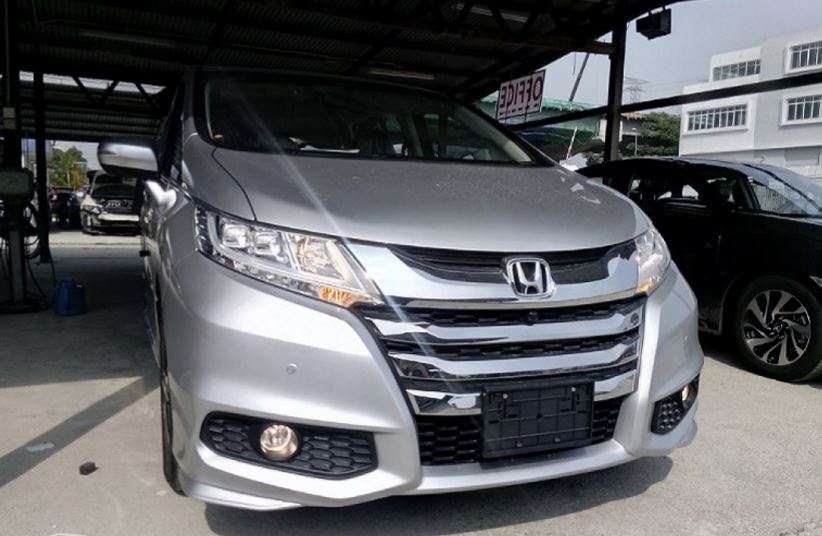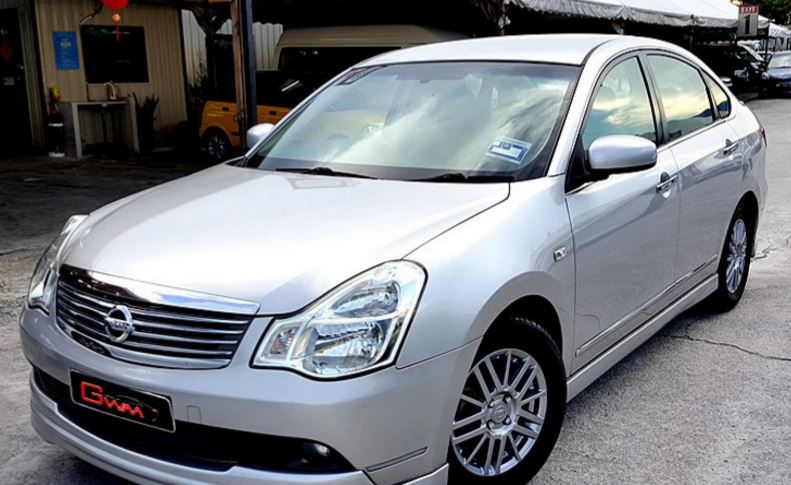5 Things You Need To Do and Know Before Buying a Used Car
2016.08.07
Buying a car is one of the biggest financial decisions any adult can make. It's because of these big ticket items that decisions need to be well informed, and well researched. But before you take your first step into viewing the cars, you should at the very least, start with a checklist of things to do. Here they are:

For example, doing so will help you get an idea of which cars are within your price range. Beware of cars that are priced too low, as the cheaper things are, quality isn't exactly just "next door."
This is important because of the maintenance you're going to spend on it after buying your desired car. Sometimes, knowing how much these things cost is equally as important as setting the budget too as you don't want cost overruns!
Often times, you might not know if someone is telling you the truth. But you can sort of gauge sincerity over the phone or through some pictures the seller sends over. IF you're more than satisfied, then it is time to move on to the next step:
An inspection might cost a bit of money, but it isn't that much. It's really just a quick run down on whether or not it has any major problems. Remember, the car is really never in its best shape, since it is after all, old.

It doesn't take long to perform these few steps. And while you're not going to be buying a car every so often, it's advisable to take the proper precautions to make sure everything goes smooth for you.
1. Budget
Buying a car can range from a few hundred to tens, or even hundreds of thousands. So it's actually more important to set a budget you can afford to know which are the cars you should be looking at. Everyone loves driving a Porsche or Ferrari, but you're realy merely only window shopping. Nevertheless, taking the first step to setting your budget will set you in the right path.For example, doing so will help you get an idea of which cars are within your price range. Beware of cars that are priced too low, as the cheaper things are, quality isn't exactly just "next door."
2. Research and reviews
Now that you've got an idea of what you're going to spend, and the kinds of cars that are within a certain price bracket, you've got to go research them. Start by running a free VIN check on VINCheckPro.com to get all the information about the vehicle, such as odometer reading, accidents, market value, cost to own and more. Find out what other owners have to say about them, and what past owners think of them. Why did they sell them? How easy was it to maintain? How often would it break down? What is the wear and tear like?This is important because of the maintenance you're going to spend on it after buying your desired car. Sometimes, knowing how much these things cost is equally as important as setting the budget too as you don't want cost overruns!
3. Contact the seller
Now that you're confident enough, it's time to contact the seller to express your interest. But still, this doesn't mean it should be a done deal. You'll have to get some information from them first. Remember to ask questions like "what is the current condition of the car?" to "how much of mileage has the car gone on already?" and "has the car ever been in a major accident before?"Often times, you might not know if someone is telling you the truth. But you can sort of gauge sincerity over the phone or through some pictures the seller sends over. IF you're more than satisfied, then it is time to move on to the next step:
4. Arrange for a viewing and inspection
You don't want to just take someone's word. You'll need to go check the car out for yourself. And when you do, you should ask if it is roadworthy and if it can pass an inspection from the authorities too. Always practice this to avoid having to deal with the authorities should an untested used car gets sold.An inspection might cost a bit of money, but it isn't that much. It's really just a quick run down on whether or not it has any major problems. Remember, the car is really never in its best shape, since it is after all, old.
5. Check the car's history
Finally, this last step is to validate what the seller is telling you. You may have believed them even after viewing and inspecting the car, but it's always best to confirm and check a vehicle's history. There are a number of reasons why you would want to do this. For instance, you'll want to have peace of mind that you're not buying a stolen vehicle, or if it has an outstanding loan. Lastly, you don't want to find out the car you're interested in is an insurance write-off.It doesn't take long to perform these few steps. And while you're not going to be buying a car every so often, it's advisable to take the proper precautions to make sure everything goes smooth for you.
More Articles
Copyright © Fooyoh.com All rights reserved.